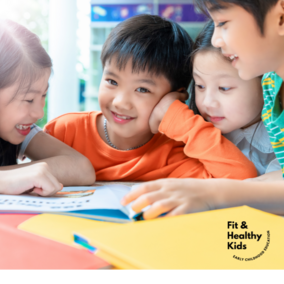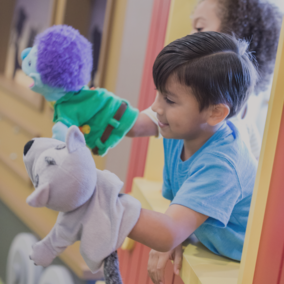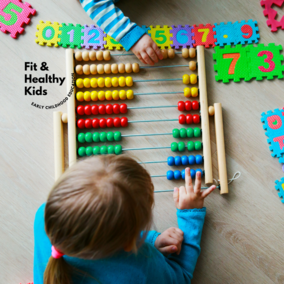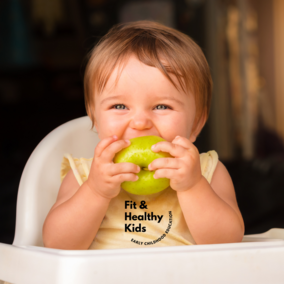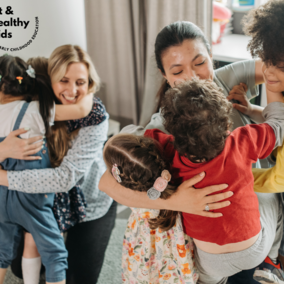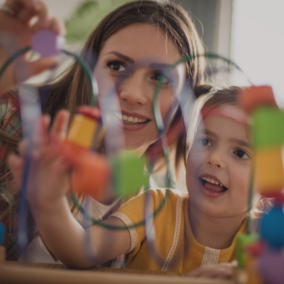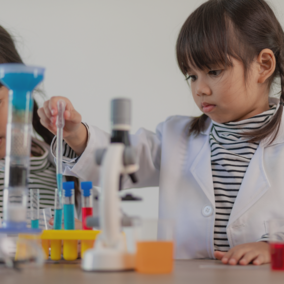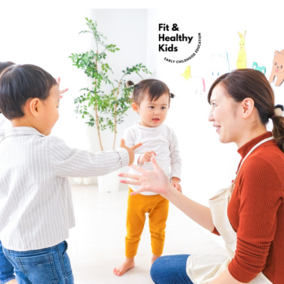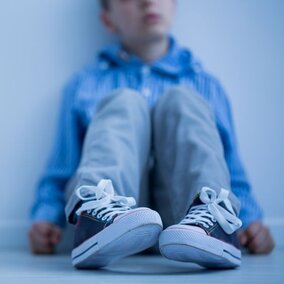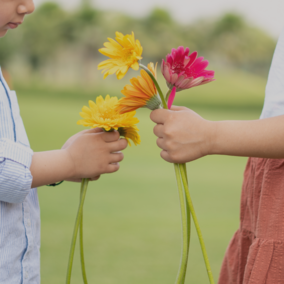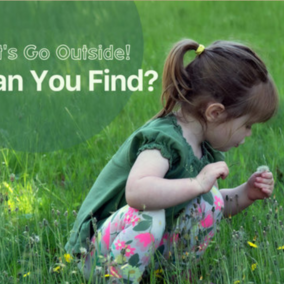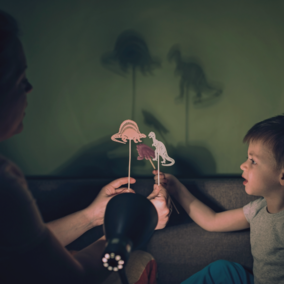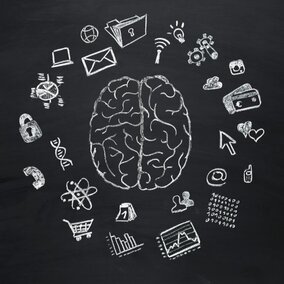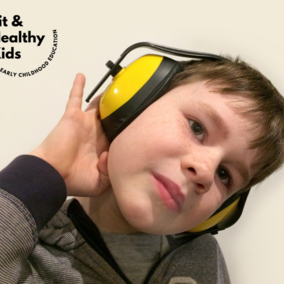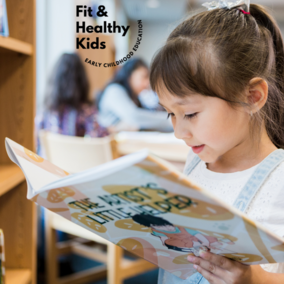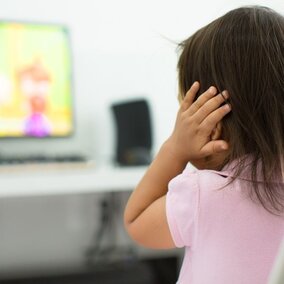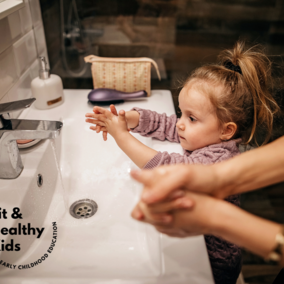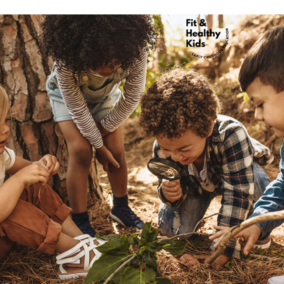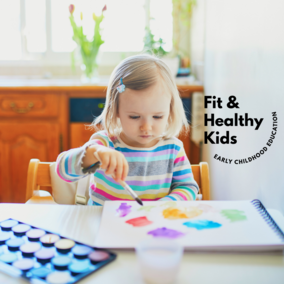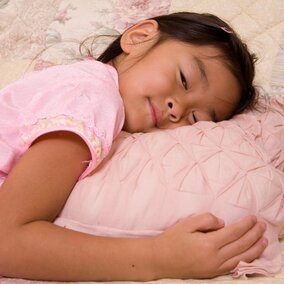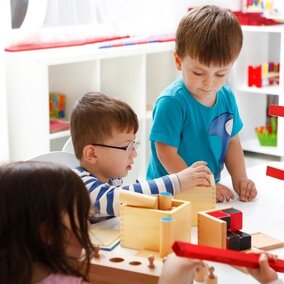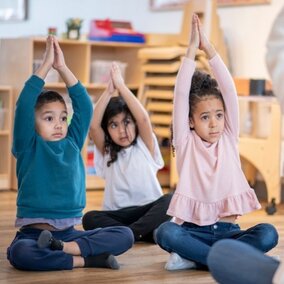Early Childhood Educators provide you affordable, research-based, educational programs and resources. Information in each program is based on research from faculty right here in Nebraska. Our goal is to empower all adults who care for young children by providing high-quality professional development that sets the stage for lifelong learning, discovery, and success. We’re here to help you take what you’ve learned from training and research and put it into practice.
Authentic Documentation Using the Floor Book
Listening to children’s voices is an essential part of creating meaningful curriculum in your classroom.
Beyond Challenging Behaviors
Learn about the meaning behind behaviors and supporting early childhood mental health. Join us to explore challenging behaviors, warning signs, beneficial resources, and the importance of your role in the child care environment.
Blocks BUILDing Math Talk in Early Childhood Setting
Engaging in block play provides a vast array of Science, Technology, Engineering and Mathematical (STEM) concepts.
Caregiver-Child Math Engagement Adds Up
Join us to gain information on the importance of math development for young children.
Participants will learn strategies for integrating math into children’s routines, as well as fun and engaging games and activities that involve math concepts.
Creating Literacy Rich Experiences in Early Childhood Programs
This session invites participants to explore open-ended literacy experiences and strategies that support children's growth and development across multiple content areas.
Creative Cooking with Young Children
Cooking can help young children learn about food, practice basic math concepts as well as build language skills and self-confidence. In this presentation we will learn strategies to successfully incorporate cooking experiences into early childhood care.
Early Math Skills for Infants and Toddlers
This program will give ideas, lessons, and resources for child care providers to enrich their environment for infants and toddlers to gain early math skills.
Eat Healthy, Be Active: Teaching Nutrition and Physical Activity to Young Children
This course will increase participants’ awareness of the problem of obesity in early childhood, including statistics about obesity rates and causes and risk factors that contribute to childhood obesity.
Feeding Without Fuss
Learn the science behind why some children are challenging eaters and discover ways you can help. This course also covers tips and tricks to make mealtime a more pleasant experience.
Guidance and Discipline: Mistaken Goals of Misbehavior
This training will look at the causes of children’s misbehavior and techniques to respond to their mistaken goals.
Helping Young Children Flourish and Grow Amidst Trauma
During this session, caretakers will learn how our youngest learners develop and grow. Participants will discover how we can meet the diverse needs of all preschoolers. We will also discuss how trauma plays an impact on stunting young children's growth.
I Build Brains!
When someone asks what you do for a living, don't just say you take care of kids - tell them the truth: as an early childhood educator, you build brains by creating safe, healthy, and engaging environments that support lifelong learning.
Inquiring Minds Want to Know: Science for Young Children
This program shows how early science experiences foster child development by building confidence, curiosity, language skills, and a foundation for future learning.
Inspiring Teachers to Strive for Excellence in their Approach to Curriculum from a New Zealand Perspective
Let’s find out what is new in New Zealand Early Childhood Curriculum with Kawerau New Zealand and Te Whariki from New Zealand. They will discuss how they document the curriculum and the ways that it is applied to assessment and the standards of wellbeing and belonging.
Introduction to Autism in Childcare Settings
This presentation will provide learners with an introduction to autism spectrum disorder.
Participants will learn how to identify the signs and symptoms of autism in their childcare setting.
Kindness Counts: Teaching Children Prosocial Skills that Stick
This research-based session offers practical strategies for promoting prosocial behavior and guiding young children in childcare settings to foster kindness, cooperation, and emotional growth.
Let's Go Outside
Spending time outside with children in natural environments can increase physical activity, connect families with one another, and connect children with nature. Join us to gain ways to integrate all curriculum areas during outdoor time.
Let's Go Outside! Can You Find?
“Let’s Go Outside - Can You Find?” is a free, nature-based scavenger hunt series designed specifically for toddlers and preschoolers.
Lights & Shadows
This hands-on session helps early childhood educators explore the many ways children learn through light and shadow play, and how to use it to extend and enhance their learning
Mind Full or Mindful - Who are You?
Is your mind full of worries and thoughts that cause you stress?
Learn the benefits of mindfulness and how mindfulness can positively impact your well-being and support you being more present in the moment.
Mindfulness for Kids - It's that IMPORTANT!
Sometimes we forget that kids feel stress. Their brains are buzzing with worries about the past and future, which can make it hard for them to focus on what’s happening now or keep their emotions in check. Like most things, a mindfulness practice requires… well PRACTICE!
Music from the Heart
Music is a natural part of a child's everyday life. Not only does it help them develop language and social skills but forms a part of their playtime.
Neurological Features of Autism Spectrum Disorder
An overview of neurochemistry, genetics and common neurodevelopmental manifestations associated with autism spectrum disorder.
One Norovirus, With a Side of Salmonella, Please! Preparing Food Safely in Child Care Facilities
Safe storing, preparing, and serving of foods is just as important in child care programs as serving a balanced diet. Many children and adults get sick from eating foods that are not properly handled or when food safety guidelines are not being followed.
Safe Food Safe Kids
This session highlights the vital role early childhood professionals play in protecting young children who are especially vulnerable to food-borne illnesses by using safe food storage, preparation, and serving practices.
Storybooks that Teach
Children love reading books and what a better way to form relationships and have children learn than through a good book. This session will focus on three different resources that you can use as a jumpstart to several weeks' worth of lessons for the children in your care.
Strategies for Young Children with Autism in Childcare Settings
This presentation will provide learners with a brief overview of autism spectrum disorder.
Participants will learn strategies that can embed within the daily routines of childcare settings to help support children with autism in their programs.
Strategies to Enhance Transitions and Routines
Transitioning from one activity to the next can be a very challenging time for children and their providers. In this presentation, we will explore how to best support children with effective strategies for transitions and routines in their environment.
Supporting Breastfeeding in Early Care
Breastfeeding friendly practices in early care including practical steps to normalize breastfeeding for children and how to provide culturally appropriate breastfeeding support to families.
The Importance and AWESOMENESS of Nature in Early Childhood
Learn the research on the effect of nature play on early childhood development as well as activities, tips and tricks to incorporate nature play with the kiddos in your life.
The Importance of Process Art Experiences
Process art experiences can support a child’s growth and development in almost all content areas. Participants will have the opportunity to partake in the open-ended exploration of process art and explore strategies for creating an inviting process art experience!
The Importance of Sleep
The importance of sleep and the impact of sleep on children and youth’s development.
Tinkering with STEM
Tinkering helps children to understand you have to fail a few times, sometimes many times, in order to get the right answer.
What You Need to Know about Food Allergies
Researchers estimate that up to 33 million Americans have food allergies, including 5.6 million children under age 18.
Caring for a child with food allergies can be challenging.
Whole Grains for Health - Organic, Stoneground, Multigrain, Oh My!
What do all of those words on food packages mean? How do I tell if a food is a whole grain? Does the food meet the whole grain requirements for the new meal plan?
Join us to answer these mysterious questions and more!
Yoga For Young Children's Health and Well-Being
Children’s yoga during early childhood can play an important role in helping young children learn self-regulation strategies, enhance their health, and can make learning fun.
Yogapalooza: Learning Strategies to Immediately Incorporate Yoga and Mindfulness into Your Early Childhood Classroom
Bari Koral is a nationally recognized kids yoga educator and recording artist for children. You’ll master many simple but powerful mindfulness tools, learn some child friendly yoga poses and understand the great benefits and physiology of yoga and mindfulness.
